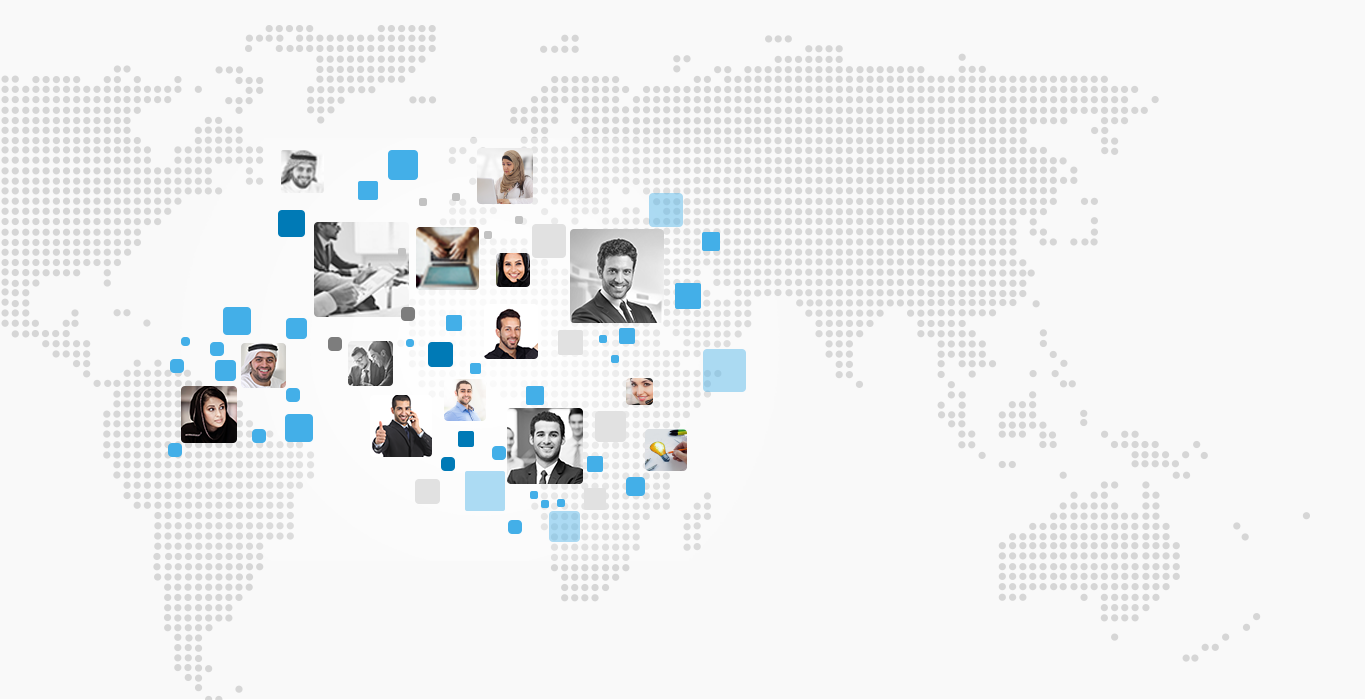Startups in the US and Western Europe are continually seeking to acquire new clients and accelerate the time to market, especially after the COVID-19 pandemic. Achieving these goals depends primarily on having highly-competitive products/ services and reducing software development costs, which requires having professional senior developers. However, having limited financial resources and the shortage of local experienced developers, who usually ask for sky-high rates, created a serious challenge for these startups.
Therefore, many companies now started considering establishing their own remote teams in the MENA region, attracted by the large numbers of highly-educated professional developers who are ready to adapt to different work cultures, the reasonable costs for high-quality services, the ability to scale their services faster, and the use of flexible collaboration models.
Among the MENA countries, Palestine is considered a perfect nearshoring destination because of many reasons. And here are some:
High-Quality IT Services at Reasonable Rates
Palestine has a rich pool of professional software developers who are ready to work according to your budget and deliver your project requirements with very convenient hourly rates in comparison to those of the same services in the US, Western Europe, Eastern Europe, and other regions. This is directly related to the living costs in Palestine which are relatively lower than the living costs in other parts of the world. Therefore, IT services rates in Palestine would be more convenient for companies in countries like the US, Germany, Switzerland, Norway, etc as this would typically save these companies between 30% and 75% of their overall costs (development) without sacrificing the quality of code.

Wide Variety of Professionals and IT Services
Palestine owns a rich IT pool of software developers and engineers with a wide variety of highly-demanded IT services who can help create recruitment pipelines for companies in the US and Western Europe. Developers in Palestine are specialized in Full Stack Development, JavaScript, Python, Ruby, PHP, SQL, and many other languages. Since a large number of IT students graduate from IT universities, it is quite simple to find both junior and senior developers to work with.
Tech Vendors’ Active Recruitment Process
Tech vendors in Palestine are continuously on the verge of navigating the region’s IT pool to find talented people and professionals to match them with the clients’ needs. It takes 2-4 weeks to hire a software developer in Palestine and a month to let them go if further cooperation isn’t necessary. The majority of nearshoring tech vendors share risks with their clients and undertake taxes, payroll, and other essential services. In addition, to ensure meeting the clients’ requirements, the vendors usually involve the client in the interviews with the selected candidates.
Culture Adaptability, Unyielding Motivation, and Continuous Education
The increasing numbers of graduates every year created a competitive atmosphere between developers made them follow a path of self-learning to enhance their skills on a regular basis in order to be able to get good work opportunities and engage in the global market. The West Bank and Gaza together have 14 universities, an open university for distance learning, 18 university colleges, and 20 community colleges. Over 4000 IT students graduate from these universities every year. These graduates are constantly on the verge of learning, as the majority is usually engaged in training programs, practice-based courses, and hackathons. In that respect, there are plenty of donors, NGOs supporting the educational and vocational training courses in Palestine to bridge the gap between the education and market and decrease the high unemployment rate in the region.

The fact that the local demand for software development and engineering in Palestine is quite stable motivated the majority of the software developers to look for work opportunities in other regions, such as the US and Western Europe, which helped them become familiar with the Western culture, values, and the work environment of many companies in those regions.
Another factor is having an easy-to-go culture, frequent contact with foreigners who visit the region, and the willingness to learn. Therefore, software engineers and developers are eager to interact with different cultures and build bridges with people in the US and Europe. Through nearshoring, they can explore and enhance their technical skills and capacities and find support and mentorship from people with experience in the tech sector.
Effective Communication
The majority of these developers have intermediate to high English language skills since most higher education institutions in Palestine, especially IT colleges, teach their Bachelor’s and Master’s programs in the English language. Therefore, the software developers who graduate from these institutions have sufficient English language skills that enable them to communicate with their clients effectively. The professionals or senior software developers would usually ask questions and apply critical thinking when taking your requirement in order to let you know that they do actually understand what they should do to give you the result you asked for.
Your team means your methods. Developers in Palestine are ready to adapt to the communication methods or communication channels of your choice, such as Slack, Discord, Skype, Zoom, and many other communication methods based on your company’s preference.
Convenient Time Zone
The MENA region’s time zone is convenient for the “follow-the-sun” working model. For example, the time difference between Palestine and Chicago is 8 hours. This means that the software engineers in Palestine work while the working day is over in the US, which saves time and boosts performance’s pace. Palestine is also one hour ahead of Western European countries, which allows seamless communication and allows a fully-matching working schedule.
A Great Destination For Business
Many international companies, like AXSOS, Freightos, ITG, Harri, and NVIDIA, now have branches in Palestine to keep up with their multinational teams and to benefit from the MENA market which is currently on the verge of becoming among the leading IT markets in the world.
Since there are many MNCs (Multinational companies), such as IBM, Oracle, and Microsoft, and small to medium companies that have offices in Israeli and the GCC, hiring Palestinian professionals as extended teams to support their R&D centers in Israel and the GCC areas would add value and competitive advantage to them in scaling their projects and ensuring effective communication. The extended teams would be working nearby with the possibility to arrange face-to-face meetings between the team members and the R&D centers.
In addition, the business ecosystem in Palestine is founded on international levels to help compete with other business markets around the globe. According to the World Bank analysis of the Palestinian ecosystem, the existence of talented people and founders and the connection with international knowledge resources such as international universities and accelerator programs are the key strength of the ecosystem in Palestine.

Diversity of Cooperation Models to Suit Your Company
Nearshoring companies in Palestine are ready to offer whichever model you choose after checking that this model goes in line with your project outcome, duration, management, communication, etc. They offer flexible models for different kinds of projects to boost performance pace, quality, and scalability. Some of them offer a pilot period prior to long-term commitment to help you ensure high-quality, test your team, and scale faster.
An Opportunity to Make a Difference
By hiring professionals from Palestine, your company would be impacting the lives of many talented, hardworking, young people and women who suffer from the limitation of opportunity in this region. For example, hiring teams of Palestinian developers would contribute to the growth of Palestine’s economy. Youth unemployment in Palestine is one of the highest global rates of youth unemployment: over 58% of college students are unemployed. In Gaza, for example, about two-thirds of those in the labor force are unemployed. About 1,000,000 new jobs are needed to reduce unemployment to 10% by 2030.
Moreover, Palestinian women, who suffer from movement restrictions and social boundaries, are among the most educated in the Middle East. The ecosystem in the West Bank and Gaza has one of the highest participation rates of female entrepreneurs of the ecosystems analyzed by the World Bank. Even though 52% of computer science students are women, 83% are unemployed due to local challenges. These women would love to work for global tech companies to prove their worth and discover their true potential.

About MENA Alliances
MENA Alliances is a nearshoring company – for-profit with a social mission- that aims to provide a high-quality remote workforce on-demand. It desires to solve the problem of a local talent shortage for automation while creating economic opportunities for women and young people in the MENA region. Our teams have the ability to scale in a short time and handle small to large projects.
We are on a mission to alleviate poverty and injustice in the MENA region by creating jobs for women and young people in this region. So far, we have trained more than 3000 women and young people and created 700+ job opportunities for disadvantaged people by connecting them with jobs from Europe, the USA (such as Silicon Valley), and the Gulf region.
Hire vetted developers from Palestine Now!!
Contact us:
Email: [email protected]
Phone: +97 059-938-8102
Whatsapp: +44 7380 980791


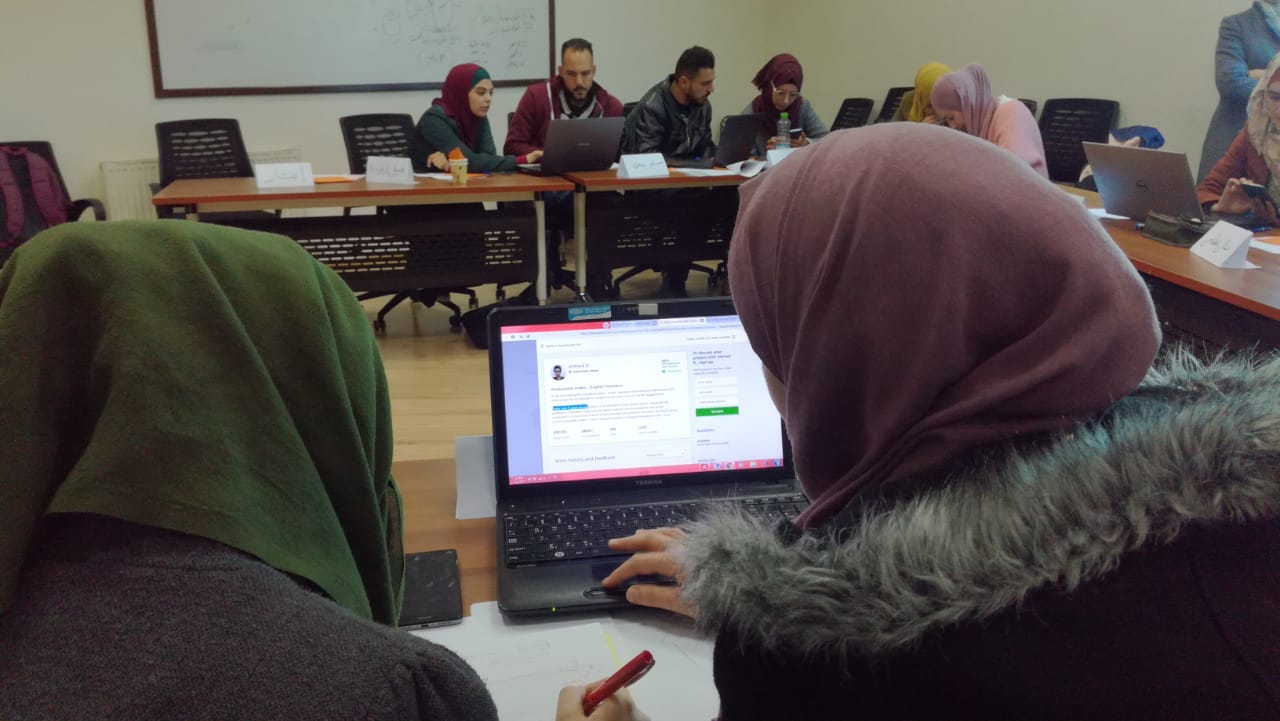
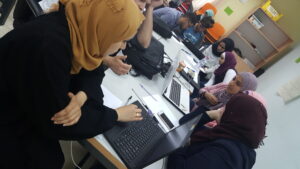




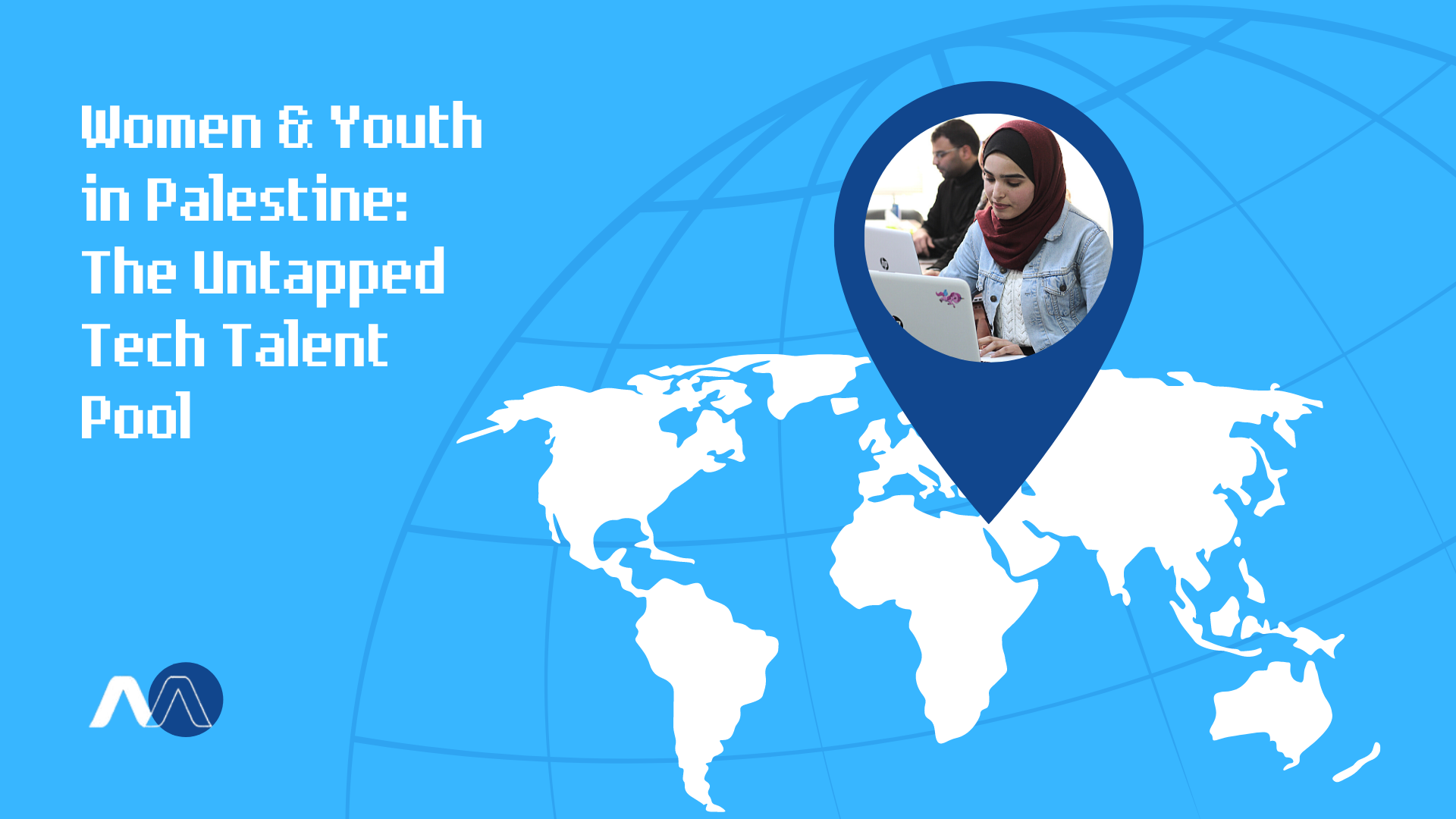










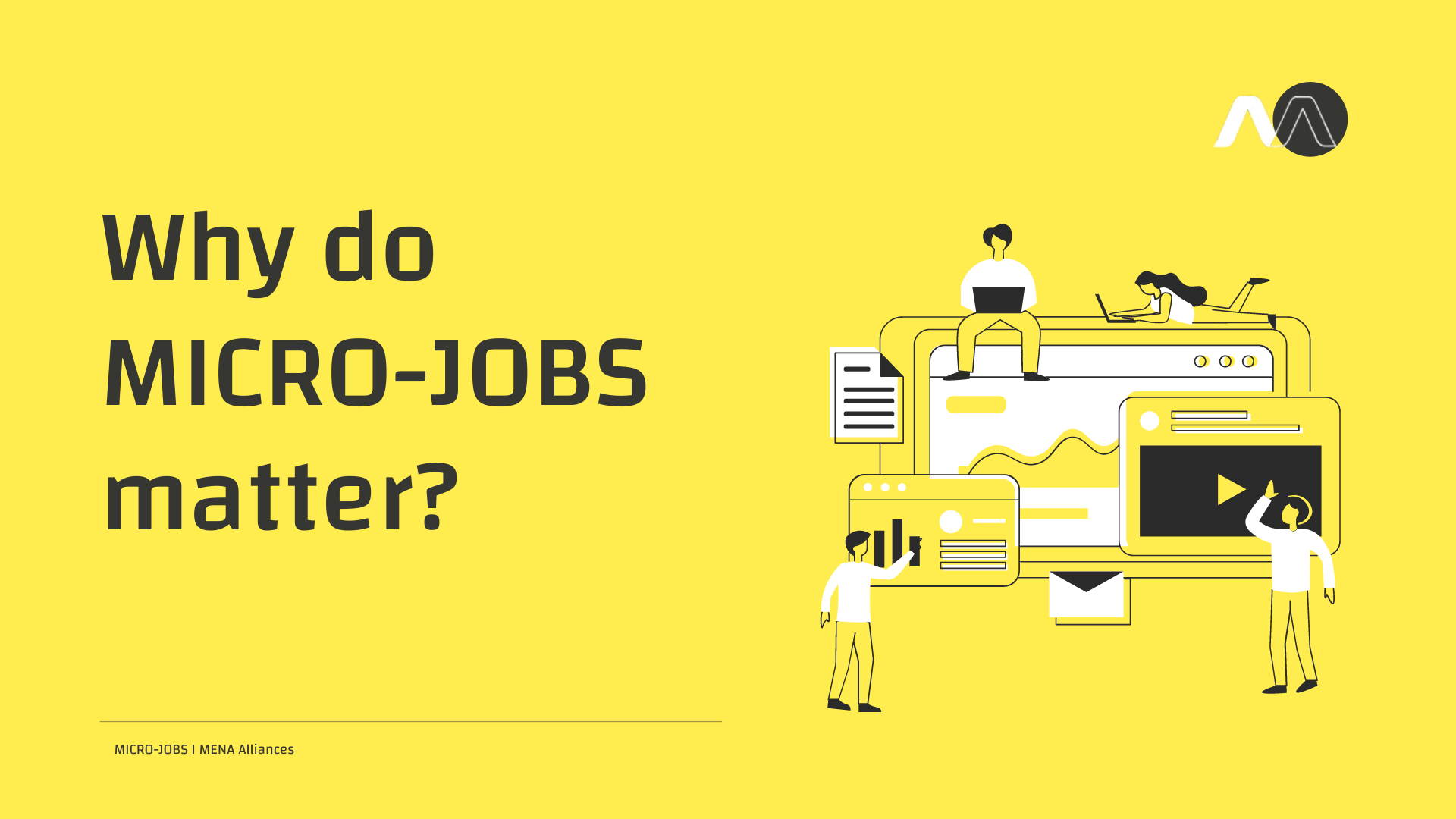



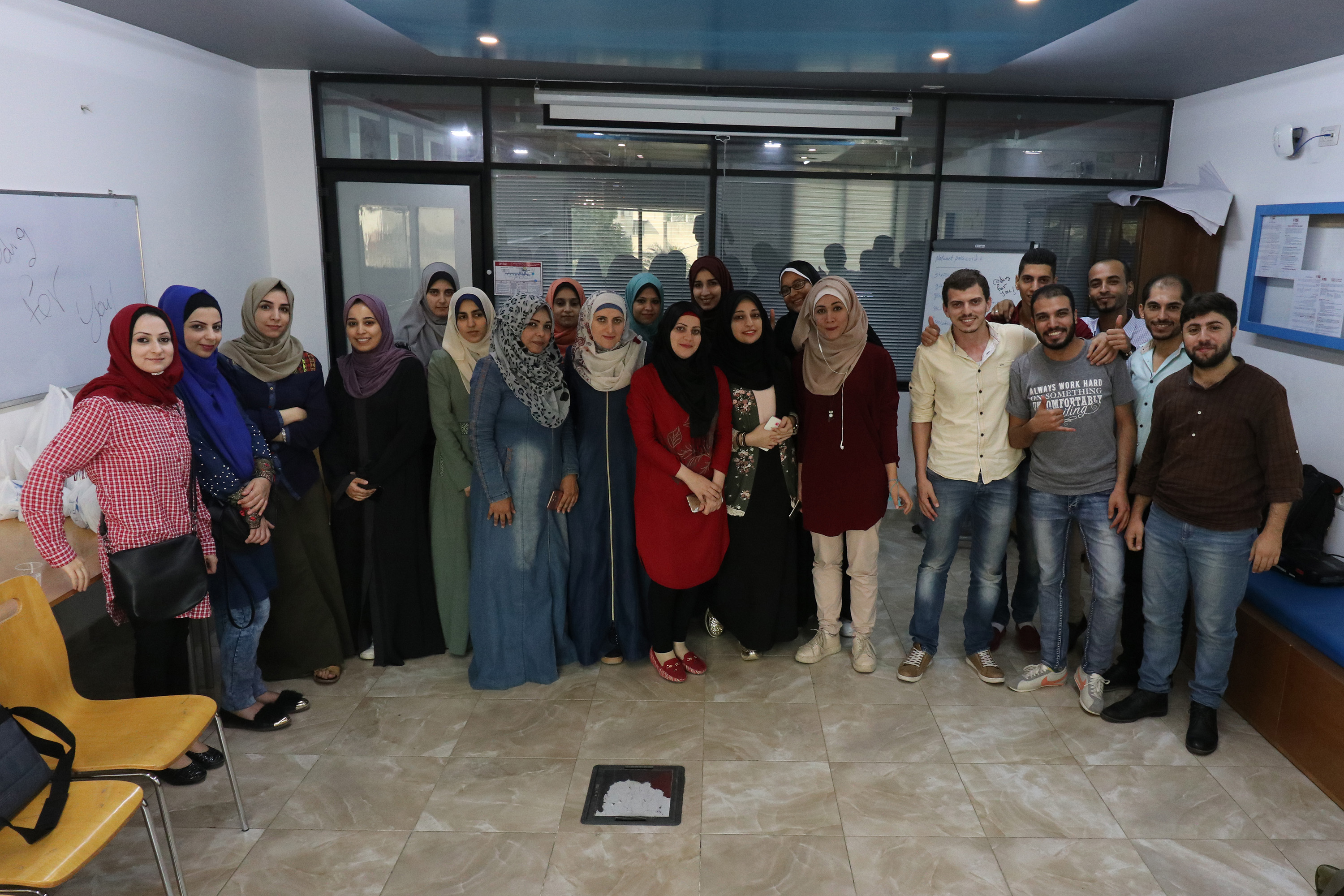




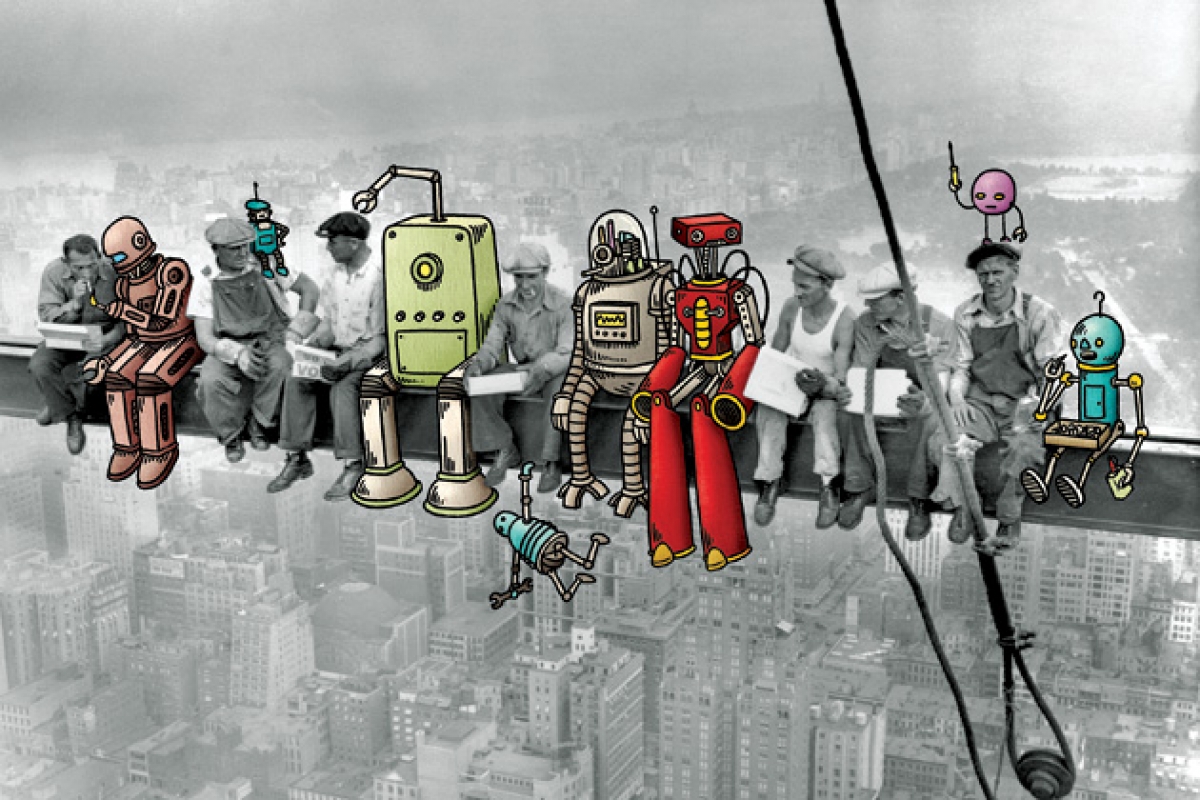


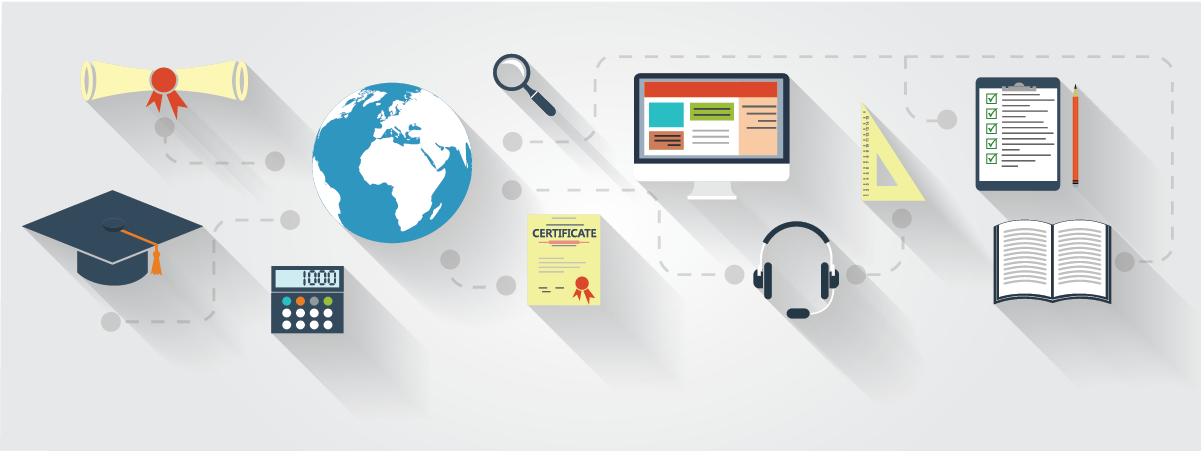
 This rule played an important role in my small journey as a translator so far. You can market yourself as much as you can, you can shout from the rooftops: “I am the best, hire me!” but unless you have others’ support and the positive word-of-mouth working for you and your services, you will not go very far.Try also to master a third or a fourth language.
This rule played an important role in my small journey as a translator so far. You can market yourself as much as you can, you can shout from the rooftops: “I am the best, hire me!” but unless you have others’ support and the positive word-of-mouth working for you and your services, you will not go very far.Try also to master a third or a fourth language. 
